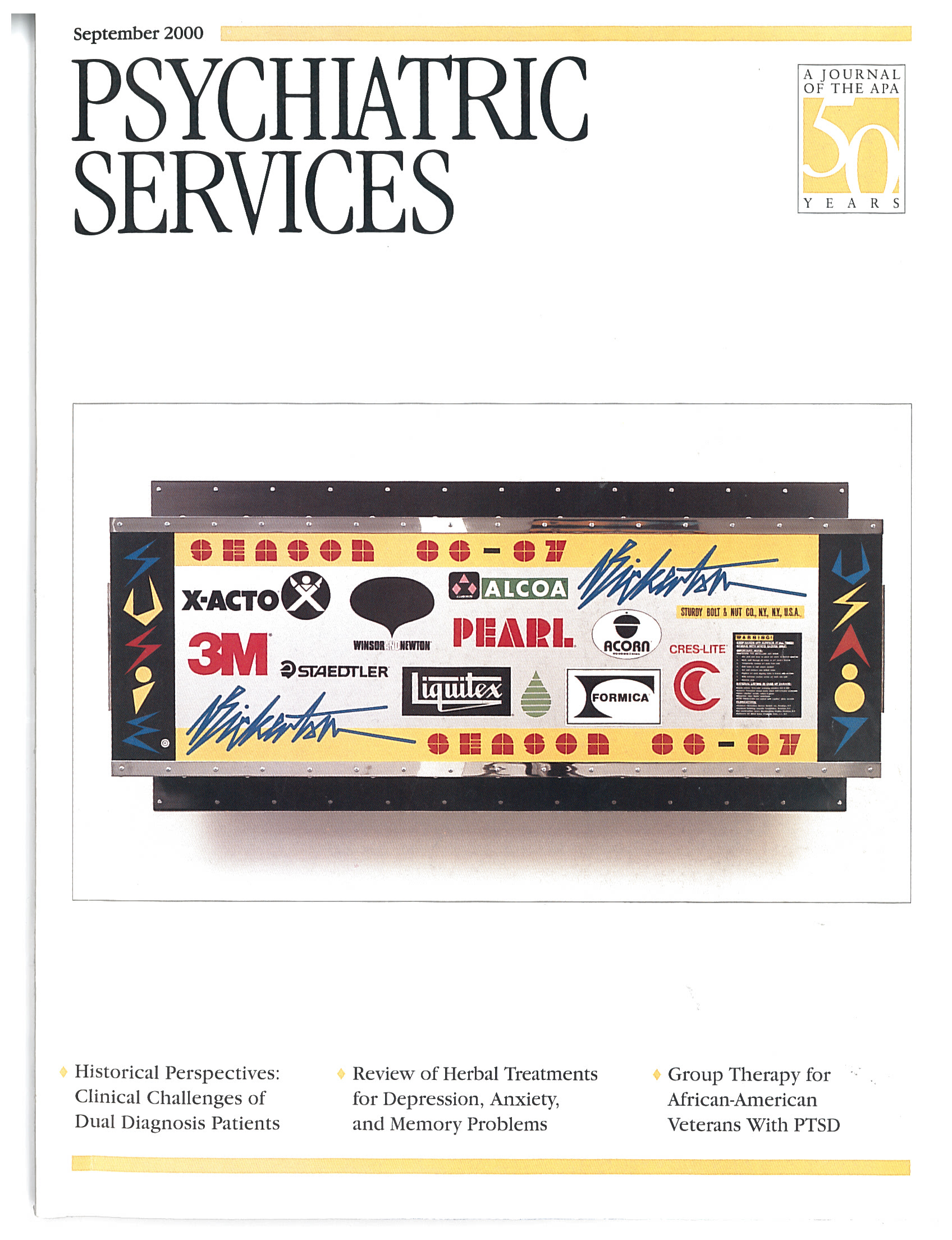Culturally Competent Family Therapy: A General Model Infidelity: A Survival Guide Couples, Trauma, and Catastrophes
The author of Culturally Competent Family Therapy, Shlomo Ariel, is a highly experienced clinical psychologist and marital and family therapist. He is the codirector of the Integrative Psychotherapy Center in Ramat Gan, Israel; a faculty member at Hebrew University in Jerusalem; and chairperson of the Israeli Association of Psychotherapy Integration.
The author describes the book "as a complete guide to culturally competent family therapy with any family of any sociocultural background." He has fashioned his theoretical model to "include concepts and methods …. found in cultural anthropology, sociology, cross-cultural social psychology, cross-cultural psychiatry, and linguistics … so far largely ignored by family therapists." He regards the major theoretical systems as being Eurocentric and lacking cultural relativity, and on those grounds he criticizes the theories of Bowen, Boszormenyi-Nagy, structural family therapy, strategic family therapy, psychoanalytic family therapy, and cognitive-behavioral therapy.
The book is divided into five parts: in parts 1, 2, and 3, Ariel presents his theoretical position; in part 4 he presents his model of diagnosis; and in part 5 he focuses on his model of treatment. Throughout, the book is rich in case examples.
The book is anything but an easy read. The author aims for a complete, all-inclusive theoretical model, and in doing so, he presents a model that is extraordinarily complex and, in my opinion, so unwieldy as to be seriously lacking in applicability.
Further, when Ariel presents his actual therapy case material, I do not find that in practice he is doing anything very different from the current family therapy models that he so severely criticizes, aside from keeping a sharp focus on the fact of cultural diversity.
Finally, the case examples are themselves a problem. Far from demonstrating that his model presents a way in which therapists can effectively deal with families from cultures other than their own, the author inadvertently demonstrates the highly dangerous pitfalls that await therapists who attempt to treat families from cultures with which they are not intimately acquainted.
Culturally Competent Family Therapy is a very ambitious book with a highly necessary and laudable purpose. However, I feel that it falls short of its intended goals.
The second book, Infidelity: A Survival Guide, is meant as a guide for the general public on the subject of infidelity in marriage or in otherwise committed relationships. Dr. Lusterman is a psychologist in private practice who specializes in marital and family therapy.
The book offers coverage of a number of topics that may be of concern to patients and professionals involved in marriage or family therapy, such as how affairs happen to partners in otherwise happy marriages; what makes people susceptible to affairs; when and how trust can be reestablished; the effect on children; and couples and family therapy in cases of infidelity.
Infidelity is scholarly, instructive, well balanced, and well written. Although meant for the general public, it should be a rewarding read for any health professional whose focus is on couples and families, and I'd recommend it.
Couples, Trauma, and Catastrophes is edited by Barbara Jo Brothers, who is a social worker in private practice. This brief volume of 100 pages is a collection of essays that were published simultaneously in the Journal of Couples Therapy, volume 7, November 1998.
The articles deal with couples suffering trauma and catastrophe through the death of a child, the abduction of a child by one parent, or the elective amputation of a child's limb. Also included are papers on intimacy in the face of catastrophic illness and the negative impact of survivor guilt, as from Holocaust survival, on marriage.
Although the general topic is an interesting one, and the contributions are uniformly well written and scholarly, I confess myself puzzled about the purpose of publishing this slight volume in book form when the work is so readily available as a journal in the library—especially when at least half the articles are on highly specialized and esoteric subjects, of interest to only a limited audience.
Dr. Vogel is associate professor of psychiatry at the University of Massachusetts Medical School in Worcester.



